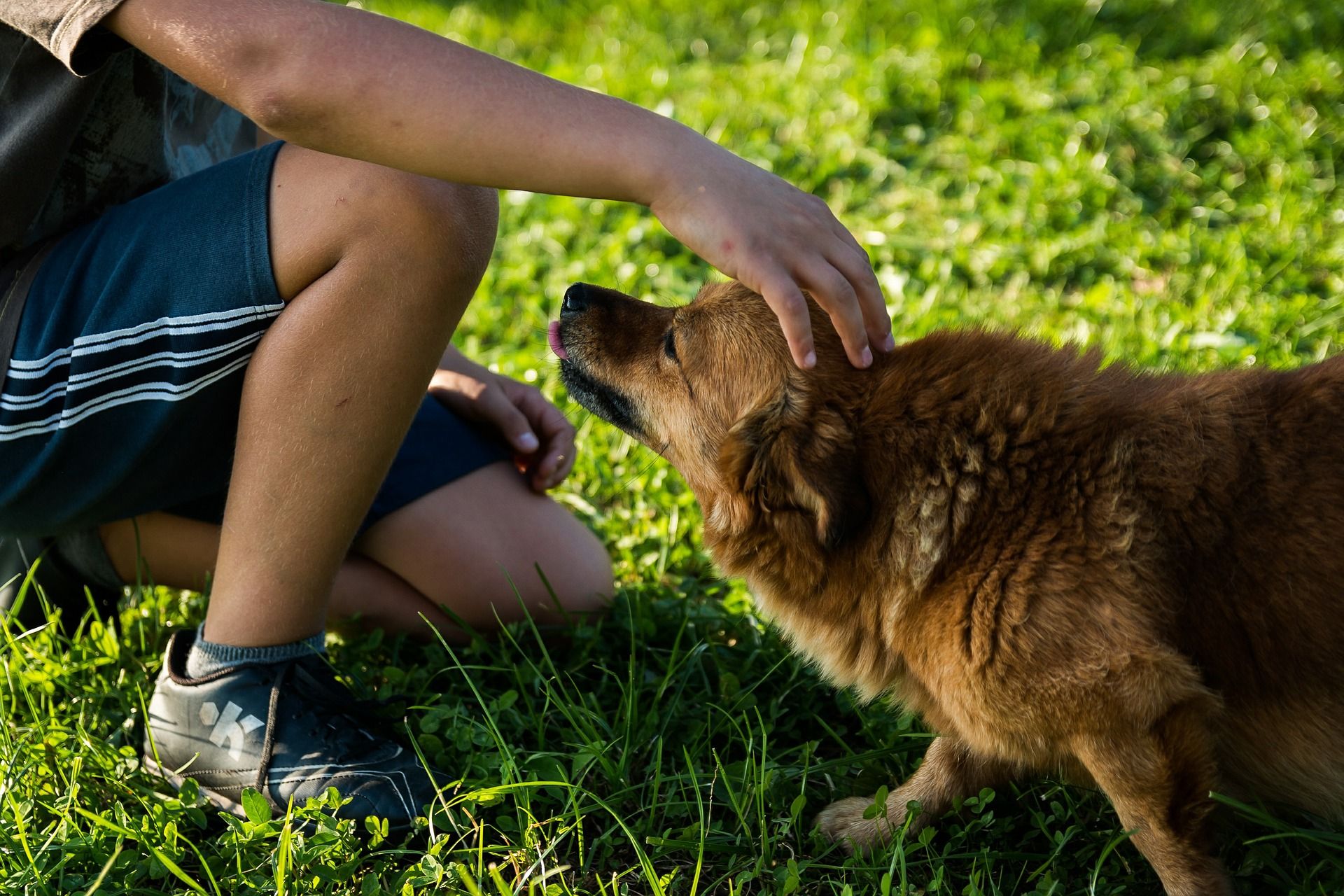Being an eco-friendly pet parent is about knowing how to reduce, reuse, and recycle more than plastic bags and cardboard boxes. Your furry companion is leaving his or her carbon pawprint too, but their impact on the environment is entirely up to you. Let’s look at some great ways for you to become a part of the sustainable pet-parent movement:
Use organic pet food
Short of making your very own pet food, you’ll find a variety of sustainable pet foods on the market. With organic food, you can start being more eco-friendly while choosing the right diet for your pet. Research shows that organic farms use 45% less energy and release 40% fewer carbon emissions. So as you browse for your pet’s new food, consider organic options for your furry friend.
Adopt your new pet instead of buying from a breeder
Consider adopting your pets from a local shelter or rescue organization. These animals need a safe and loving space to call home, and choosing to adopt instead of buying from a breeder will change your new pet’s life.
Supporting a pet shelter may also help fund further movements to protect and save animals annually. The money given in return for your pet goes towards caretaker salaries, maintenance, and food for the animals brought in by the organization you’ll adopt your newest family member from.
Use organic pest prevention solutions
Keeping pests like ticks and fleas away can be tricky, depending on where you live and the time of year. Sometimes routines like daily hair brushing, weekly baths, and regular washing aren’t enough to keep these pests at bay. In this case, consider using an organic solution before you turn to chemicals for help. Many chemical repellants are made with harmful substances that aren’t good for you, your family, your pet, or the environment in the long run.
Start with this guide on protecting your pet from fleas and ticks with natural remedies, then look to source a natural, non-toxic remedy from an online store or local market. In case you have no option but to use chemicals, search for pet products that don’t use synthetic neonicotinoids.
Remove your pet’s waste consciously
It's a common courtesy to pick up your pet’s “business” when out on walks. But it’s more than just being respectful: pet waste can be harmful to the environment, and your diligence can help protect waterways and natural habitats.
Next, consider biodegradable or compostable bags for cleaning up the yard or litterbox. It may take your plastic grocery bags up to 500 years to decompose, but purpose-built biodegradable bags will decompose in a matter of weeks or months and minimizes their environmental impact.
The more pets you have, the greater your impact can be by making a switch to compostable bags. So if you’ve ever wanted to start a dog walking gig, for instance, you can make a huge difference in your community.
Treat your pet to organic toys
Many pet toys on the market today contain harmful plastics that are not only detrimental to your pet’s health, but also pose a harmful threat to the environment. When possible, choose to buy your furry friend’s new toys from companies that produce sustainable options. These accessories have great quality, are made from recycled materials, and are affordable - what’s not to love? Skip out on the plastic bones and trade them in for an organic chew toy.
If you want to spend even less on your fluff ball’s toys then consider joining an online group that encourages trading. Sometimes people are happy to trade you an item instead of asking for money for the purchase. This is a fantastic way to be both economical and ecological at the same time.
Have your pet spayed or neutered
As much as you may want a litter of new puppies or kittens, finding homes for them will be a huge responsibility. One of the most important ways to be a responsible and sustainable pet parent is by having them spayed or neutered as the vet recommends.
This is better for the environment, less hassle for you, and may even add years to your beloved pet’s life.

Final Words on Being an Eco-conscious Pet Owner
Sometimes these changes are minor adjustments, and other times they may seem uncomfortable and inconvenient. Remember that just doing what you can already makes a difference, and don’t judge yourself too harshly for missing the opportunity to recycle their food cans here and there. Changing your lifestyle to become more sustainable is a process, so take it step-by-step.
With so many things threatening the health of our planet, any change in the direction of sustainability can make a big impact. With these tips, it’s easy and affordable to get your pet on the journey of protecting the environment.



















